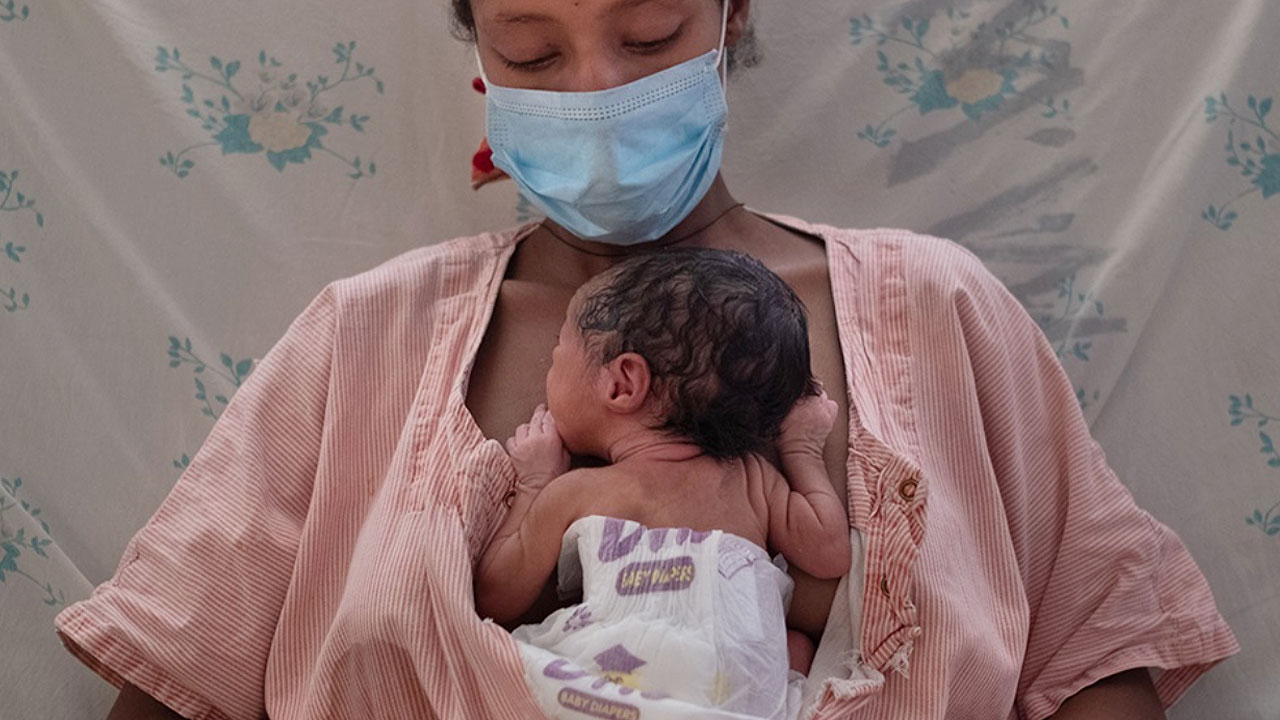
MEDICINE CABINET
TEODORO B. PADILLA

As the country observes Safe Motherhood Week, it is important to remind pregnant Filipino women and those who are planning to get pregnant about the importance of getting their complete coronavirus disease 2019 (COVID-19) vaccine doses.
Pregnant women in general are immunocompromised and thus may be at higher risk of developing severe disease from COVID-19, such as pneumonia and respiratory failure, warned the Philippine Obstetrical and Gyne-cological Society (POGS) and Philippine Society of Maternal Fetal Medicine (PSMFM).
According to the World Health Organization (WHO), pregnant women with COVID-19 are more likely to require hospitalization, intensive care and invasive ventilation to help with breathing. In addition, compared with pregnant women without COVID-19, pregnant women with COVID-19 have an increased risk of preterm birth and of having babies that need neonatal intensive care.
They might also have an increased risk of stillbirth and maternal death. Pregnant women who are 35 years and above, are overweight, or have a health condition such as diabetes or hypertension may be at even higher risk of serious outcomes from COVID-19.
As such the WHO and the Department of Health (DoH) strongly recommend that pregnant women and those planning to get pregnant receive the full dose of approved COVID-19 vaccines currently available in the country. This group of women should talk to their ob-gyn about receiving their recommended COVID-19 vaccine doses.
The WHO stressed that women who are trying to become pregnant should receive COVID-19 vaccines, as this is an important way to protect themselves and their babies from COVID-19 during pregnancy.
A growing body of evidence has not identified any adverse effects of COVID-19 vaccines on fertility or the ability to become pregnant. In clinical trials of COVID-19 vaccines, and in a large prospective study of couples trying to conceive, rates of becoming pregnant were the same for those receiving COVID-19 vaccines and those not receiving the vaccines.
The WHO does not recommend delaying pregnancy or terminating pregnancy because of COVID-19 vaccination, and no pregnancy testing is needed prior to vaccination.
According to the WHO, increasing evidence on the safety and effectiveness of COVID-19 vaccination during pregnancy suggests that the benefits of vaccination during pregnancy outweigh potential risks whenever there is ongo-ing or anticipated community transmission of the virus. COVID-19 vaccination before or during pregnancy is especially important in settings with moderate to high community transmission or for women at higher individual risk of exposure or severe illness.
COVID-19 vaccines have been found to be highly effective in preventing severe illness, hospitalization and death from the virus. Studies have shown that pregnant women who get COVID-19 vaccines develop antibodies that are present in their babies’ umbilical cord blood. This suggests that babies may receive protective benefits from the vaccine, in addition to the benefits for pregnant women.
As of Jan. 30, the Philippine Food and Drug Administration (FDA) has received 126 suspected adverse reaction reports from pregnant women. The most commonly reported adverse reactions from pregnant women include headache, fever, vaccination site pain, difficulty in breathing, and cough.
Together with the WHO and DoH, the FDA also recommends COVID-19 vaccination to breastfeeding women. As of January, the agency has received 161 reports from the group of lactating mothers. The most commonly reported adverse reactions from pregnant women include fever, headache, malaise (a general feeling of discomfort or illness), vaccination site pain, and muscle pain.
“Overall, data suggests that the benefits of receiving a COVID-19 vaccine outweigh any known or potential risks of vaccination during pregnancy and lactation,” the FDA said.
The US Centers for Disease Control and Prevention (CDC) said that it is especially important for people who are pregnant or were recently pregnant, along with household members to take appropriate steps to protect them-selves and others from getting sick.
If going to the doctor for an appointment is a concern, people who are pregnant may ask their healthcare professionals what steps they are taking to protect patients from COVID-19. There are also other recommended vaccines during pregnancy, the CDC said.
TEODORO B. PADILLA is the executive director of Pharmaceutical and Healthcare Association of the Philippines (PHAP), which represents the biopharmaceutical medicines and vaccines industry in the country. Its members are at the forefront of research and development efforts for COVID-19 and other diseases that affect Filipinos